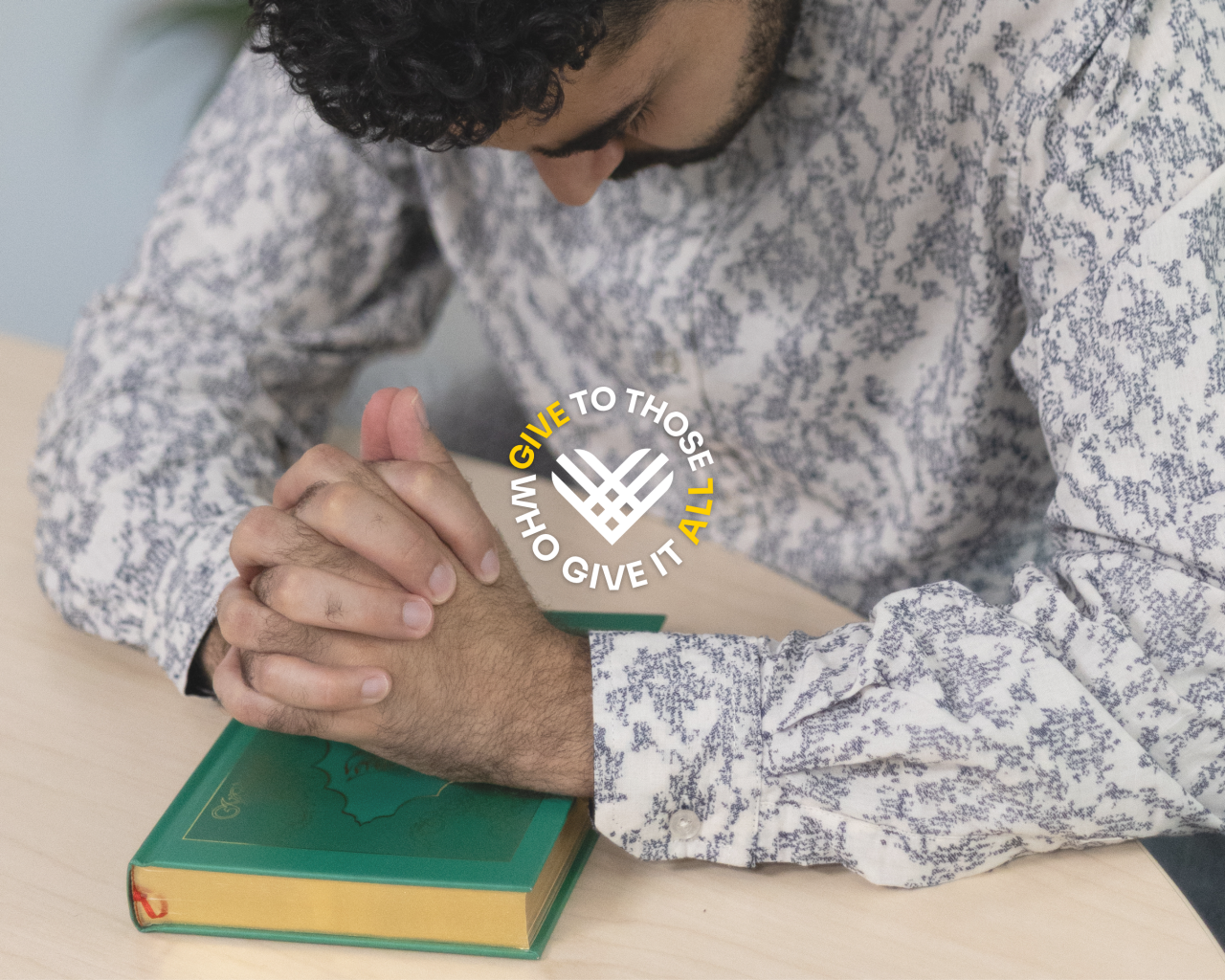How to Avoid Being Peddlers of the Gospel

No one is an island, poet John Donne famously wrote. We are all connected.
Part of what this means is that everyone who has come to faith in Christ, has come to faith through a family member, friend or someone who cared enough to reach out to them or pray for them.
Luke 5:17-20 shows what Eugene Cho calls the climax of the passage: when Jesus sees the faith of the four men lowering their crippled friend through the roof to Jesus, who then tells them they are forgiven.
Much like the story of these four friends, we have to remember the true meaning of the gospel: Jesus is worth bringing people to.
The Pharisees – the experts of religion – couldn’t recognize the Messiah in their midst. Unless we understand our desperate need for Jesus ourselves, we will follow in their spiritual footsteps. We will be mere peddlers or salesmen of the Good News. We must always remember the joy of our salvation and the joy of blessing others.
Eugene Cho unpacks how we become peddlers of the gospelTo avoid letting our traditions get in the way of the gospel, we should humbly have a spirit of faith that demonstrates the following three characteristics:
1. A Spirit of Compassion
The paralyzed man’s friends had empathy. They cared about both the crippled man’s spiritual and physical condition.
“A religion true to its nature must also be concerned about man’s social conditions. Any religion that professes to be concerned with the souls of men and is not concerned with the slums that damn them, the economic conditions that strangle them and the social conditions that cripple them, is a dry as dust religion.” — Dr. Martin Luther King Jr.
You begin with your heart.
One of the most significant ways to engender a culture of compassion and empathy in our hearts is to look people in the eyes.
Jesus always stopped and looked people in their eyes, like the woman at the well, no matter how busy he was. The woman with the issue of blood touched him — his reaction was that he looked at her and healed her for her faith.
When you ignore someone, you look away. Like when you ask your kids to volunteer to wash the dishes. No eye contact will be found. When you see homeless people on the street, unless you’re looking with eyes of compassion, you look away.
Eugene lived as a homeless man for four days to prepare for a role in a theater class. Thousands walked past him. He never felt more insignificant in his life. We look away because it bothers us to see someone else, someone made in God’s image, in that condition.
Compassion begins when you look people in the eyes.
2. A Spirit of Collaboration
The friends had to work together. We can do many things alone, but we cannot be a follower of Jesus alone.
The Kingdom of God can’t be reduced to your church or your organization. Don’t ever think that God shows up somewhere when you show up. God is at work before we come on the scene.
Our prayer in the morning shouldn’t be, “God, how can You be a part of what I am doing?” It should be, “God, Almighty God, Living God, Sovereign God, we know You’re at work already. How can I be a part of what You’re already doing.”
Eugene’s son hurt his ankle when they were playing one-on-one basketball. So he lifted his son on his back, then quickly stopped and called his wife for help to transport him. Similarly, we can’t do ministry alone. We need each other.
“If you want to go fast, go alone. If you want to go far, go together.” — African proverb
3. A Spirit of Perseverance
There’s always momentum the moment God drops a vision on His people. There’s energy and excitement. Continuing that momentum takes a spirit of perseverance.
You see that spirit in the four men who carried their friend and lowered him through the roof to see Jesus. Historically, the roofs would have been made of a hard, challenging-to-get-through material. Despite that and the weight of carrying a grown man, his friends dug through to get their friend to Christ’s healing hands.
“When Jesus says He’ll get you to the other side, take heart, don’t quit, persevere, be tenacious. Jesus will get you to the other side,” Eugene says.

























